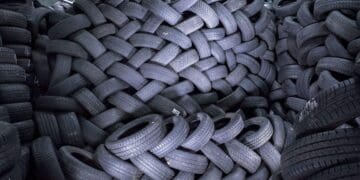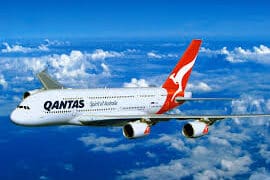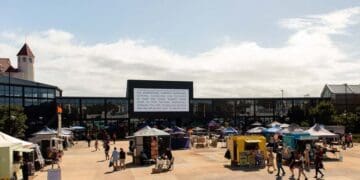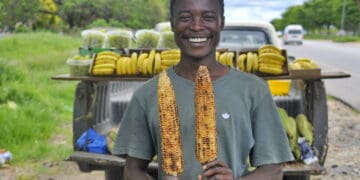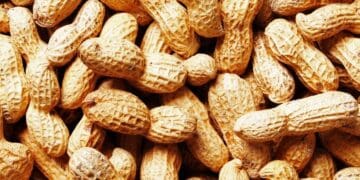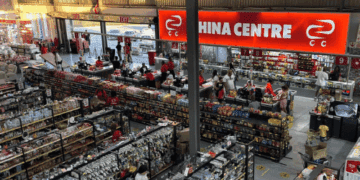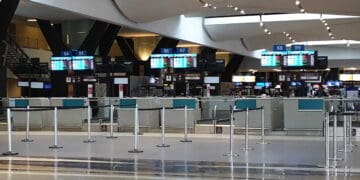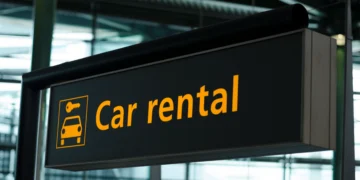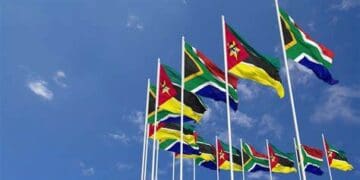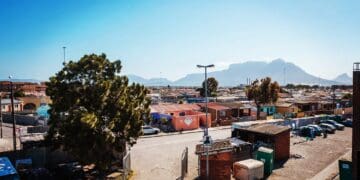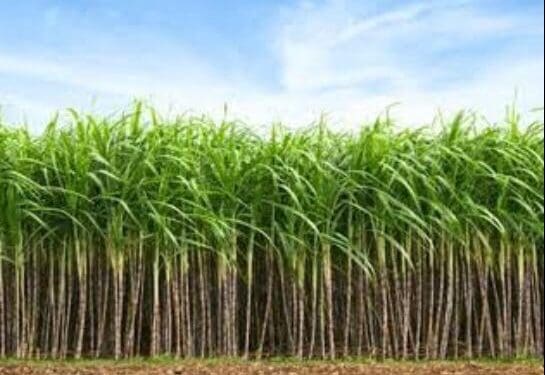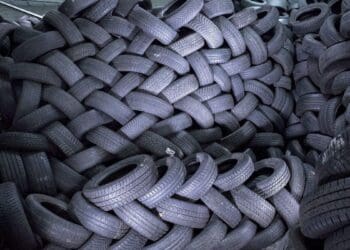South Africa’s sugar industry is facing its toughest season in years, with 24,000 small-scale cane growers in KwaZulu-Natal and Mpumalanga at risk of collapse.
A new 30% tariff on South African sugar exports to the United States, combined with a flood of heavily subsidised imports, has left farmers warning that without urgent government intervention, rural agro-economies could collapse.
Small-scale grower Nkosinathi Msweli, who farms sugarcane in Kearsney near Kwa-Dukuza on the KwaZulu-Natal north coast, is already feeling the pinch.
“All of a sudden, we have to add 30% to the price when selling overseas. That is not going to work. Other countries will sell it cheaper and customers will choose their sugar instead of ours,” he told Vutivi News.
“If we have sugar but nowhere to sell it, the business will be stuck. Everything will come to a standstill, right down to the farms. We will have to stop workers from cutting cane because there is no market for our sugar.
“Fertiliser and chemical prices have gone up, making it very difficult to carry out farming activities. The government should subsidise these inputs for small-scale farmers and increase the sugar tariff to stop cheaper imports from displacing our sugar in the local market.”
The United States’ decision to impose the tariff hike dismantles a long-standing Tariff Rate Quota (TRQ) arrangement, which allowed South African producers to sell sugar at a premium in the US market.
This trade mechanism was crucial for sustaining local jobs and providing higher returns compared to other destinations.
“As a surplus sugar producing country, South Africa is exposed to a highly volatile world market,” said South African Sugar Association spokesperson Cedric Mboyisa.
“The world sugar market is a dumped market where major producers can export sugar below their cost of production,” Mboyisa said.
“The 30% tariff nullifies the benefits of our preferential pricing under the US quota and will greatly erode our export income. We trust our government is attending to this exigent matter.”
According to the SA Canegrowers, imports more than doubled in 2024 compared to the previous years, with signs pointing to yet another surge in 2025.
These imports, often priced artificially low due to state subsidies abroad, are sold locally at parity with South African sugar, meaning consumers see no price benefit while local growers lose market share.
“This unfair trade environment is threatening jobs and the one million livelihoods dependent on the sugar industry,” the association said.
“The underlying tariff mechanism has been unchanged since 2018, despite a surge in input costs, the introduction of the sugar tax and permanent mill closures. We need an updated and fair import tax regime to ensure fair competition.”
The Department of Trade, Industry, and Competition and the International Trade Administration Commission of South Africa are reviewing the tariff mechanism, but the process is not expected to conclude until early 2026.
Farmers like Msweli cannot wait that long.
“The solution is on the table,” SA Canegrowers warned. “What we need now is urgency.”


